Jelena Dokic: ‘I felt like an ATM machine’
SHE was one of the world’s most celebrated tennis players, yet behind the scenes Jelena Dokic was suffering brutal abuse from her father. For the first time, she opens up about her years of agony.
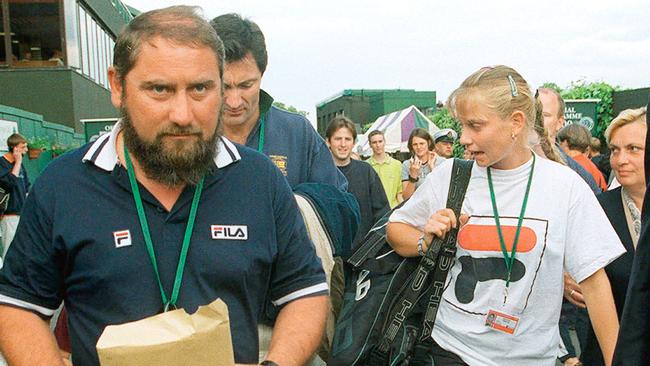
Stellar
Don't miss out on the headlines from Stellar. Followed categories will be added to My News.
THERE was the time when Jelena Dokic was forced to sleep in the player’s lounge at Wimbledon. Her father, Damir Dokic, had banned her from returning to the hotel where her family was staying, claiming she had brought shame on him for not winning her semi-final against Lindsay Davenport. A cleaner found her asleep curled up in a small ball on a couch at the All England Club. She was 17.
Then there was the time Damir infamously threw salmon while at the US Open players’ cafe, triggering a painfully embarrassing scene for Jelena in front of hundreds of fellow athletes, coaches and fans. Later that night, Damir drunkenly ordered his daughter to call up the FBI and tell them the US Open authorities were “conspiring against the Dokics”.
Damir Dokic was the ultimate tennis dad from hell. He would skol pint glasses of white wine before watching Jelena’s matches, then drunkenly shame her from the sidelines in Wimbledon, Melbourne Park and beyond. He would force his daughter to translate his drunken rants to journalists about the Queen, Vladimir Putin and US presidents, decried tennis officials as Nazis and gangsters and claimed grand slam draws were rigged against his daughter.
In the process, he became publicly infamous for being the “mad dad” accompanying his daughter on tour. But now, for the first time, former tennis ace Jelena Dokic has expanded on his antics in her new autobiography — and detailed the brutal physical abuse she experienced at his hands from the time she was six years old. “When I tell people the hell and abuse I endured privately, they are shocked,” Jelena tells Stellar. “It was hard to take, but I am still here.”
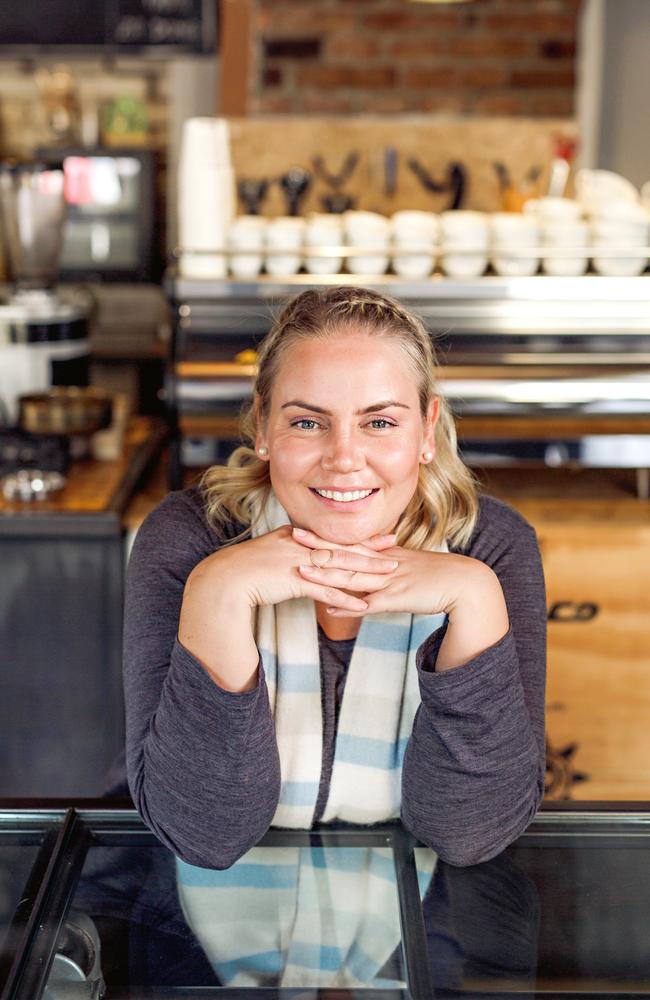
By the time she was a rising tennis star in her teens, Damir was whipping Jelena’s bare back with a belt almost daily, essentially doing it whenever he felt she had trained badly. (She often hadn’t.) He spat in her face. He incessantly slurred her as a whore, prostitute and bitch, and said she was dumb. He forbade her from even having friends.
Every day Jelena endured fear, vile words and violence — yet in the face of this, she stayed focused enough on her tennis that she managed, at one point, to become the No. 4 player in the world. She pulverised more experienced opponents, including the likes of then-world No. 1 Martina Hingis in 1999. She went on to make the semi-finals of Wimbledon, win WTA titles, and became the youngest player to represent Australia at the Fed Cup. She was a gutsy, determined talent who loved the game. The Croatian-born Jelena, whose family fled her war-torn homeland and emigrated to Australia in 1994, was suddenly heralded as this country’s greatest tennis hope since Evonne Goolagong.
By the age of 18, despite making millions and defeating some of the game’s best players, she still could not satisfy her father. He was never pleased, and the beatings continued. After a loss at the 2000 du Maurier Open in Montreal, Damir made her stand for hours on end, starving her of food and repeatedly kicking her in the shins with his sharp-toed dress shoes. A blow to the head that night knocked her to the ground; while she was down, Damir kicked her in the head again. That barrage put her out cold for a few moments.
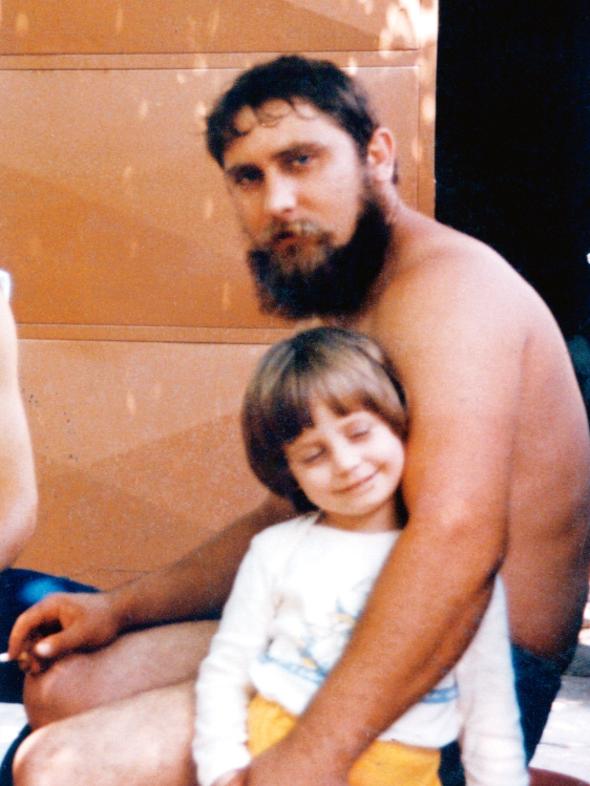
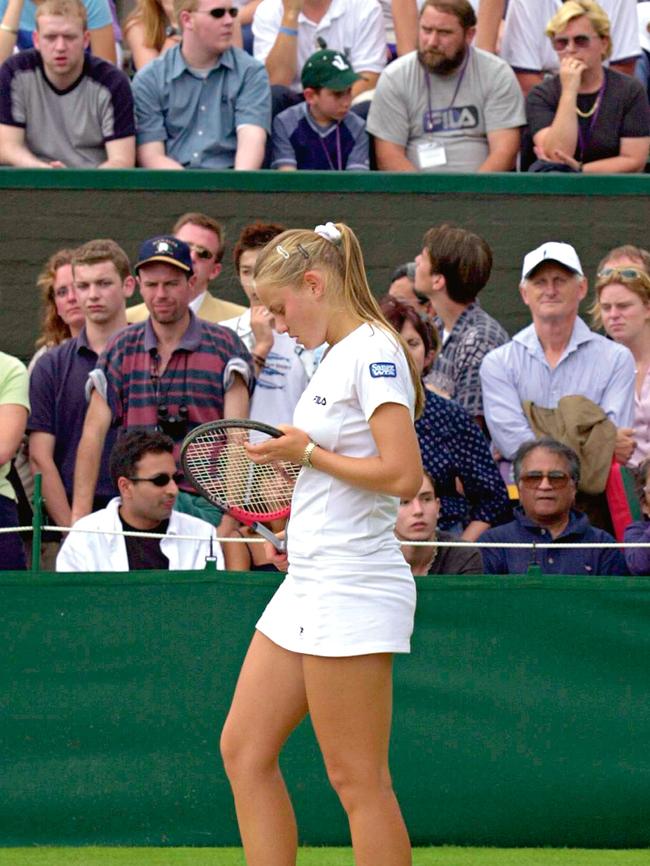
“I am confused about some of the things that happened,” Jelena tells Stellar, while reflecting on her father’s behaviour. “I was doing well, results-wise and money-wise. For me, at times, it wasn’t the physical abuse that hurt the most. The public embarrassment and [his] words would hurt more.
“I felt like an ATM machine. That money was what was important to him, rather than my wellbeing. All I really wanted was a kind word from him, a little show of support and love. He denied me that. I don’t think he realised he ruined me that way. I just wanted to play tennis in peace.”
After the shocking incident in Canada, her father admitted he had gone “overboard”. But Damir never apologised. And it is quite possible that he never will.
Last year, she travelled to his ranch in Serbia — which was built with the millions she earned on tour. Jelena has a warm and forgiving personality, and wanted to see if she could make amends. But the discussion proved disappointing.
“I don’t think we will ever have a normal relationship,” Jelena continues. “I don’t think it is possible. I have given a lot of time, years, and chances for him to try [to] be a ‘normal’ dad, but I just don’t think he is capable of it.”
And she has come to terms with the fact she may have to stop trying to change that. “I no longer have time and space for people that are not supportive or don’t show love,” she says. “I lost more than 15 years of my life being depressed because of it, basically asking myself the question: ‘Why doesn’t my father love me?’
“I already lost the best years in tennis and my life dealing with this question. I am not going to waste the second half of my life with that. I don’t need it. I know the people who are there for me and I don’t have time for people who don’t have my best interests at heart.”
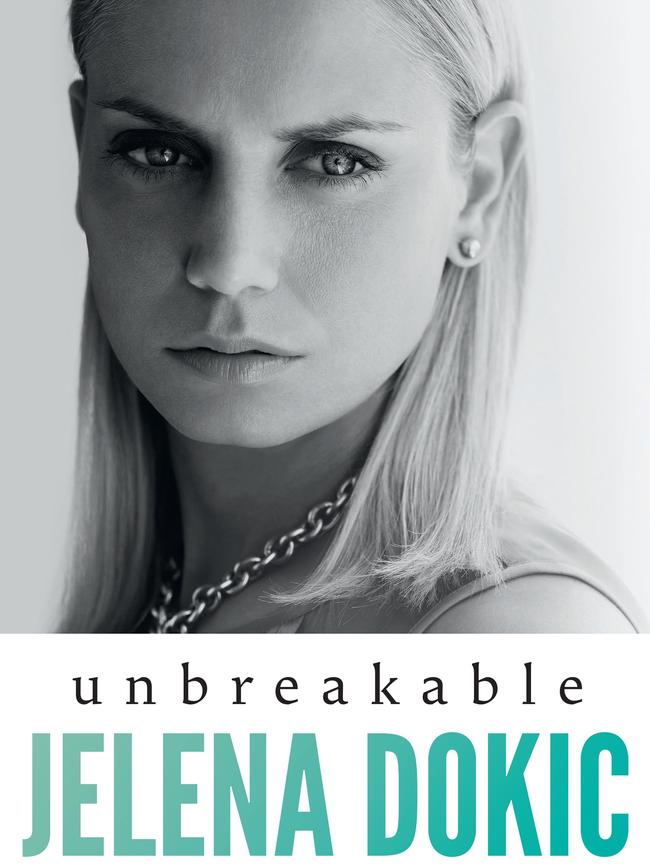
Along with exploring her frayed relationship with her father, Jelena’s memoir delves into the trials of life as a refugee; her early years were just as intriguing as her years on the tour. Jelena recounts how and why her family left her homeland, then known as Yugoslavia, and sought refuge in a rat-infested shed in Serbia. When they first arrived in Australia, her family of four slept on a mattress on the floor of an apartment in suburban Sydney, which itself was overrun by cockroaches. With little money to their name, they often ate bread and butter sprinkled with salt for dinner. When she hit the Australian tennis circuit, Jelena encountered her fair share of racism. She says the book has “a lot about being a refugee, being bullied in school and within the tennis community in Australia. A lot.”
But it would be Damir’s relentless abuse that eventually forced his daughter’s hand — and in 2002 she left the family home, departing in the middle of the night with her then-boyfriend, Formula 1 driver Enrique Bernoldi, to live with him in Monaco. At the time, her younger brother Savo was just 11 years old; she says it broke her heart to leave him behind.
It was in the ensuing years, when Jelena was finally away from her father’s abuse, that she tells Stellar she really suffered. Damir plagued her with abusive phone calls nearly every day; he also sent his wife and Jelena’s mother, Ljiljana, to see her and convince her to come home. But Ljiljana, who worked 18-hour days to fund her daughter’s career in its infancy, was also a victim of Damir’s abuse, and rarely intervened when he beat his daughter. The two were all but estranged for many years after Jelena left home. (Today they are on good terms.)
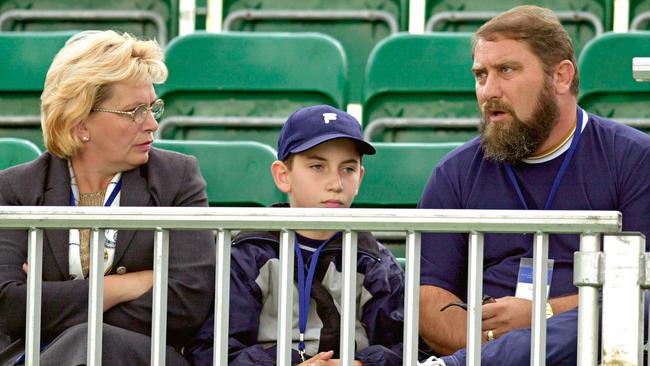
She ended up feeling even more alone than before, because while no-one could have intervened when it was just her and her father on the tour, she was struck by the fact that nobody who had witnessed Damir’s behaviour bothered to provide support after she had left.
“I couldn’t talk about it when the abuse was happening,” Jelena says. “I was too scared. But what I was disappointed about from every aspect in the sport — both in the world and Australia — was that once I did leave home, no-one came to me and said, ‘What do you need now to deal with this?’ People knew I was struggling, even 10 years after I had left. There was nowhere to go and neither did anyone come and try [to] help me. I was vulnerable.”
Jelena never gave a detailed interview about the trauma and pain she was grappling with for nearly her entire life. As such, she says, “people were really in the dark as to what my life was about. In my toughest moments I battled depression and considered suicide.”
Her memoir marks the first time she has publicly shared the depths of her pain and the extent of Damir’s brutality. “It made me feel a lot better, because I had never really talked about it. And I feel better for doing it.”
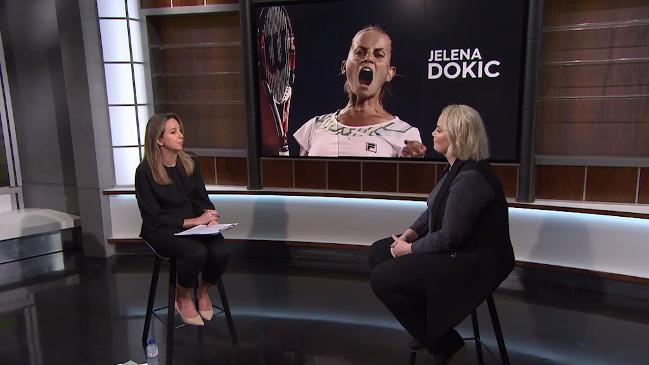
As well as the catharsis Jelena gets from telling her story, she has had a partner of nearly 15 years to help her sift through the painful memories of her past. Tin Bikic is a loyal figure, a man who she says has immense patience and, most importantly, has demonstrated real love to her. “He has shown me true love, absolutely,” Jelena says. “I always wanted love, then I suddenly found it. I am very lucky I found it with him.”
In recent years, Jelena doubled her playing weight and ended up hitting the scales at 120 kilograms, a development owing partly to a thyroid issue. Taking the weight back off has been an exhausting and challenging process, but Jelena has shed 30 kilos so far. As part of her efforts to get in shape, she went back to the tennis court. That, in turn, stoked her competitive fires once more. Now 34, she is considering a comeback.
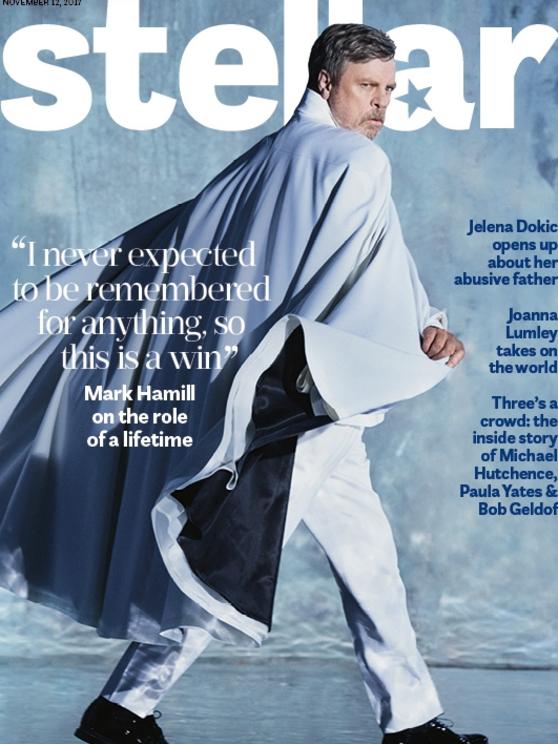
“I will probably come back to finish on my terms,” she tells Stellar. “The first time I had to retire because of injury, and I was also emotionally tired.
“My wish would be to go back on tour and really enjoy it,” she says. “Even when I last played I felt I had issues from the past — but that is not there now.”
If anything, Jelena says she is determined to transform a whole host of terribly negative life experiences into a lasting positive. “There is nothing I can change about what happened,” she says. “I am the person I am today because of all that physical and emotional abuse and neglect. Was it difficult? Did it leave a scar? Yes, it did. And it will be there for the rest of my life. This experience gives me so much to learn from. I can do so many good things from that, whether it is the way I raise my family, doing charity work, helping others who have survived family violence.
“I think God gave this tough task to me because he knew I could handle it. You have to find the positive... which I couldn’t find for a very long time.”
Unbreakable by Jelena Dokic with Jessica Halloran (Penguin, $34.99) is out tomorrow.
